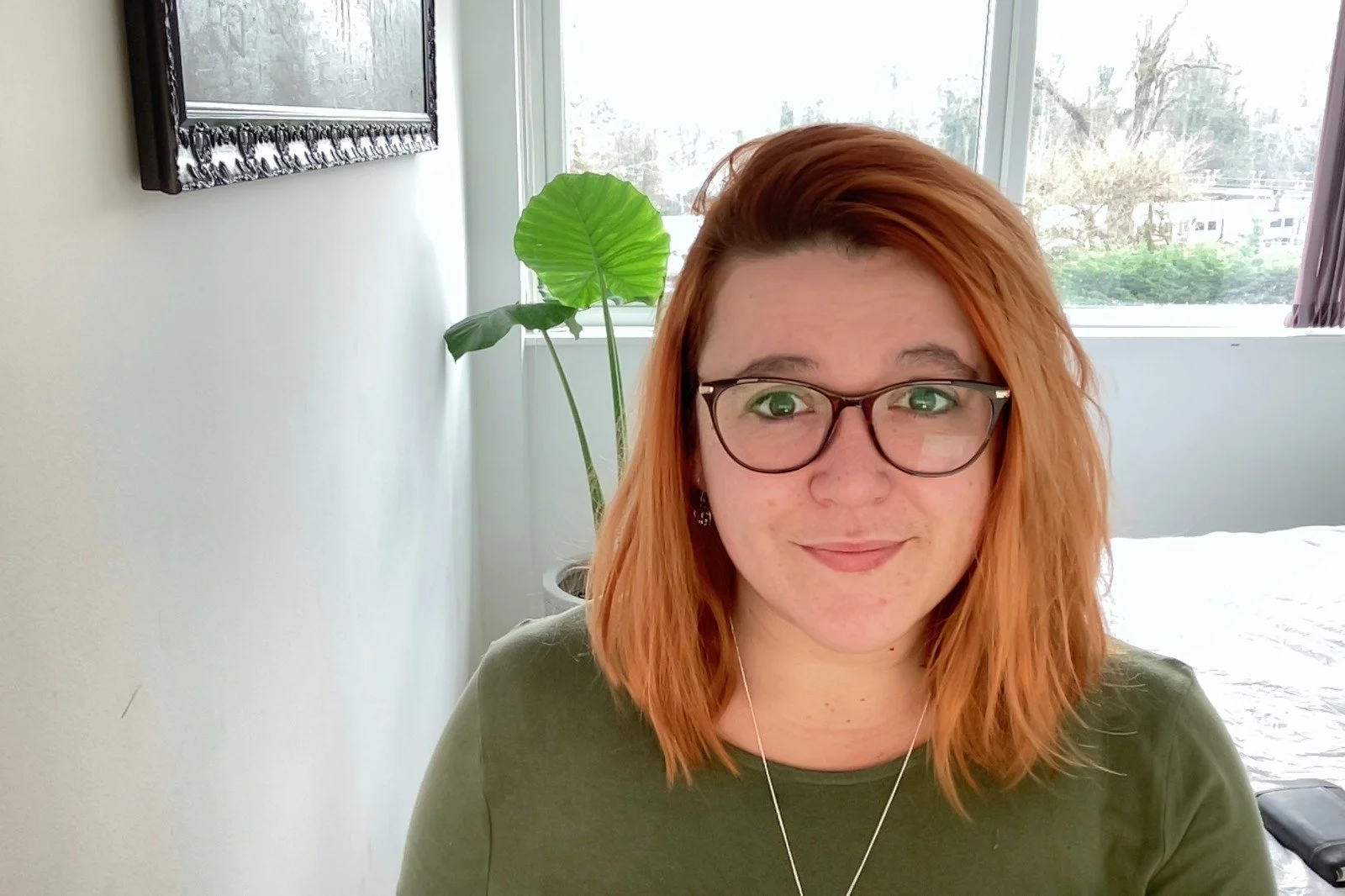THE GENERATIONAL DISCONNECT OF THE EVENTS INDUSTRY
Sophie Beasor, Engagement Manager at The Power of Events, shares how she entered the events industry and stresses the importance of supporting the next generation of event profs.
Sophie Beasor
Engagement Manager - The Power of Events
Back in 2017, when I realised I wanted to pursue a career in events, I had to make a decision on which route to take. One of the defining strengths of our industry is that it is made up of people from all walks of life who enter through a myriad of different journies. Many enter the industry by accident, some have intentional career shifts and many, like me, go down the ‘traditional’ university route.
It’s a valid question to ask whether a theory heavy degree in events management is worth the paper it’s written on when this industry, by it’s very nature, is so practical, intangible and ever evolving. Furthermore, what does a degree in events management even mean? I sat in that lecture hall on my first day in 2017 and no two freshers had the same dream. In our small cohort of 30 people, we had aspiring wedding planners and conference producers, we had people who dreamed of running festivals and some who wanted to work in the MICE sectors.
Practical application is key
Can one curriculum really cover so many sectors effectively?
The short answer is no. My degree gave me an basic overview of the events industry, but we all know this doesn’t even begin to scratch the surface. It lacked practical application of the skills we were being taught and offered little industry exposure despite being situated in the events capital of the country. I acknowledge it is a challenge to provide practical experience to 30 students all working towards different goals, but in hindsight, I question if there was more that could have been done?
In my experience, those from my cohort who have found success since our deflated graduation in 2020, supplemented their learning with activities outside of the classroom. For example, a number of us took part in a week long festival produced by event students, but independent of our course. This opportunity allowed us to actively apply the teachings about comms strategy and event tech in our first year. In year two, as we were learning about how to design a menu, I held a mini gala dinner for my friends. In my third year, I was fortunate enough to compete at the Bea World festival in Milan. I had the opportunity to apply the skills I had learnt about how to build a proposal and design mockups in CAD, but these same opportunities were not afforded or possible to everyone in my cohort.
My experiences came from nothing short of privilege. As a white British woman at a London university, my halls and living expenses were subsided by the government, my course too, which allowed me the freedom of three years to experiment risk free without the burden of bills and rent. Many students do not have this luxury. Our universities across the country need to do better to provide equal opportunity to those who need to work to support their studies.
Possible solutions - What could this look like?
1) More paid event internships
As an industry we need to support the next generation. The passive and proactive learning possible in a real world event company is career defining and compliments an event management degree perfectly. Do you have the resources in your business to take on a student for even as little as 12 hours a month? Could you benefit from an agile and passionate learner who you could take under your wing and show the ropes?
I personally found immense value in working live events during my studies such as Comic Con and a season at MLB. However often these positions were voluntary, which sadly means many students simply cannot afford to gain invaluable live event experience. Wherever possible, we need to support the next generation and provide practical opportunities which do not break the bank for either party.
2) Practical learning on campus
During my time at university, I was heavily involved in a number of societies and student media. The University of Westminster, where I studied for my degree, had a very well respected, and more importantly, very well funded student media program. Through my involvement with my student radio station, Smoke Radio, I was able to run a multi award nominated series of events whilst actively applying and solidifying the learning from my degree.
Smoke Radio and the other societies I was involved in, also exposed me to a melting pot of different people from across the university campus which cannot be understated. What if we were to assign a society to pairs of events student in their first year, with second year students there to support them. Each team of four could be responsible (and even possibly graded) for the event calendar of their society.
If I could go back, even with the knowledge that I would have two and a half years between my final lecture and my graduation, I would still do it all again. There is undeniable value to a formal education.
Moreover, having the opportunity to live and work in London with my government safety net for three full years made me the event professional I am today.
But my experience and subsequent success is in no small part rooted in privilege. As an industry and an educational system, we need to do more to support marginalised and minority students.



